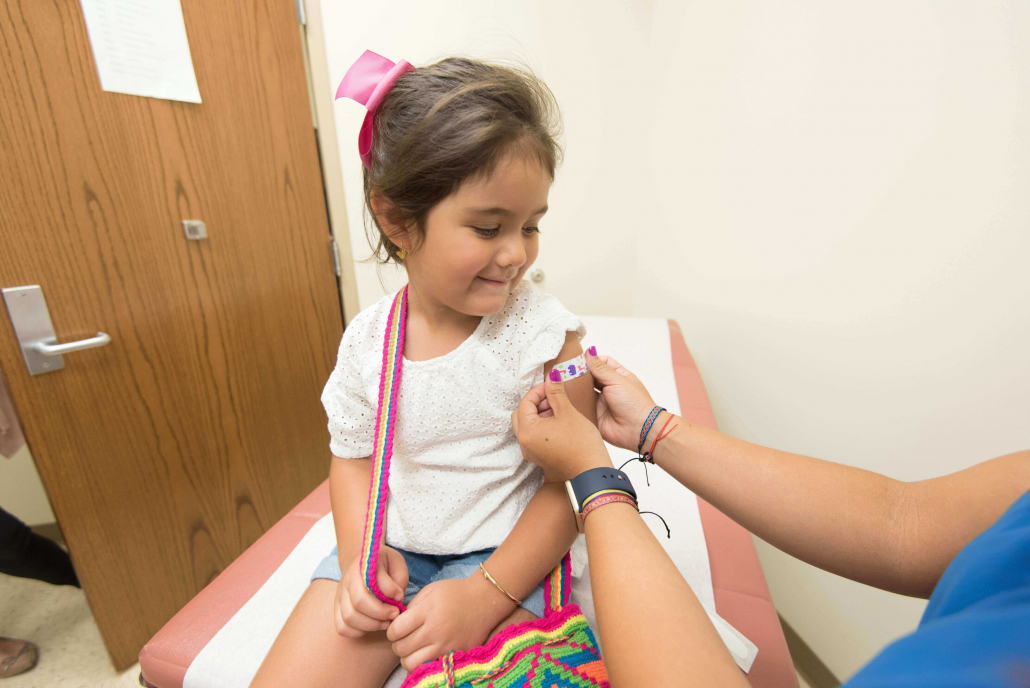1. What is the Flu?
A. The Flu is a viral infectious disease caused by the Influenza Virus, which in the United States mainly starts in the fall and continues through spring.
2. How does a person catch the Flu?
A. Commonly, Influenza is transmitted from person to person, by way of virus-laden droplets from the nose, mouth, and through our hands, after they’ve touched our face and nose, as well as from objects other infected people have touched without washing their hands. The virus is rarely transmitted to humans from birds and animals.
3. How can I prevent getting the Flu?
A. We have a Vaccine for the Flu, to protect us from the strains most likely to affect us during the winter. These vaccines have been developed for years and are very safe. Almost all Flu vaccines are free of mercury or thimerosal. The three strain and four-strain vaccines are comparable in how well they work to protect us. Most of us older than 6 months of age, including pregnant women, can get the flu vaccine. And of course, washing hands, covering your mouth when you cough and staying away from crowds when the Flu is raging in our community helps.
4. Can I get the Flu from the vaccine?
A. It’s a misunderstanding that the vaccine can give someone the Flu. It’s a ‘killed vaccine’ and so there’s no virus in there that can cause the Flu. Some people get a side effect from the vaccine such as a fever, which usually resolves in a day or two.
5. How does a doctor diagnose the Flu?
A. The Flu can be diagnosed by certain clinical symptoms such as Fever, Muscle aches, Chills and sweats, Headaches, and Cough, as well as other symptoms. There are also tests for the Flu using nasal swabs, that have various levels of accuracy.
6. Can the Flu kill?
A. The Flu or Influenza, is typically dangerous in the very young, the elderly, and in those with underlying medical problems. In children, those less than age 5 years are at higher risk of complications. Each year, there are between 20,000 to 50,000 deaths from the Flu, in our country. The complications of the Flu are Pneumonia, Sepsis, Multi-Organ failure, and in the elderly, heart attacks.
7. How can I protect my baby who is less than 6 months old, from the Flu?
A. Moms who get the Influenza vaccine while pregnant, pass on some of the protective antibodies to their babies. Breast milk gives protective antibodies to the baby too. Everyone who is in close contact with the baby should get the Flu vaccine, forming a ‘protective cocoon’ around the infant.
8. Can the Flu be treated?
A. Within the first 48 hours of the onset of Flu symptoms, Antiviral medications such as Tamiflu may help. These medications sometimes have side effects of their own, such as Vomiting and Nausea. They may also be used to help prevent household contacts from getting the Flu. Drinking plenty of fluids to keep well hydrated is also important during the illness.
9. How are Covid symptoms different than the Flu?
A. It can be difficult to differentiate Covid19 from the Flu. However, in the older child and adult, the loss of sensation of taste and smell are sometimes unique symptoms of Covid19. So far, children between the age of 3 and 12 years of age, seem to do well with Covid19.
10. Is the Flu shot necessary this year, with the Covid pandemic?
A. Early Influenza vaccines during October and November is crucial this season. For one, it becomes very difficult to tell the diseases apart, and the tests may not always be accurate. And of course, you really do not want to get Influenza and the Covid19 at the same time.
11. Do Flu Shots hurt?
A. Many of us aren’t too fond of shots. We often forget what the shot felt like, last year. The anticipation of pain makes the fear grow. It’s a good idea to distract ourselves with a video game around the shot, or in infants- by breastfeeding. I got my Flu vaccine this month: I thought it was going to hurt, but it didn’t!

